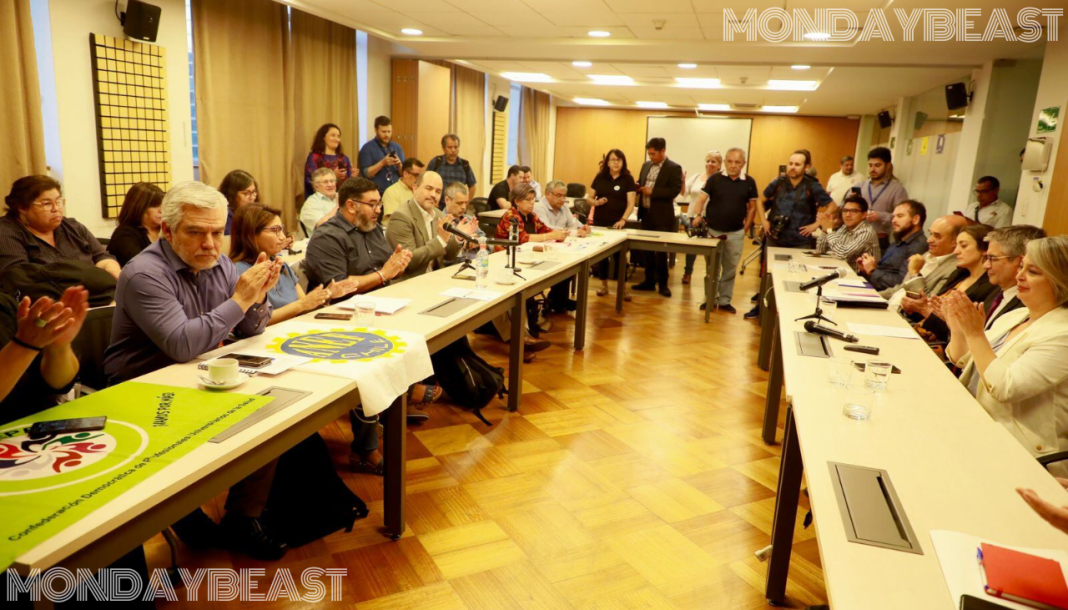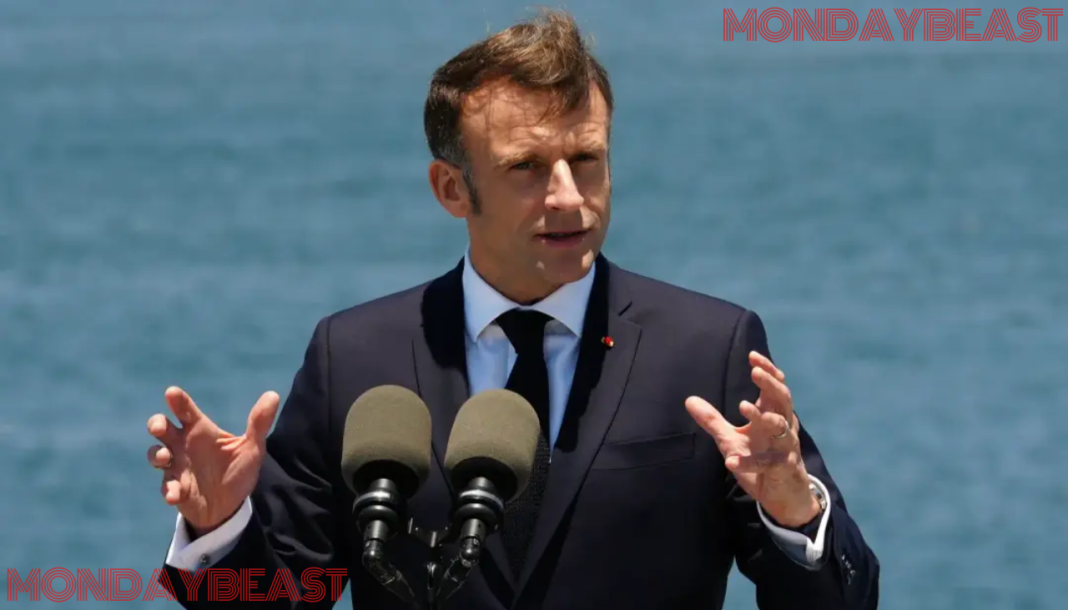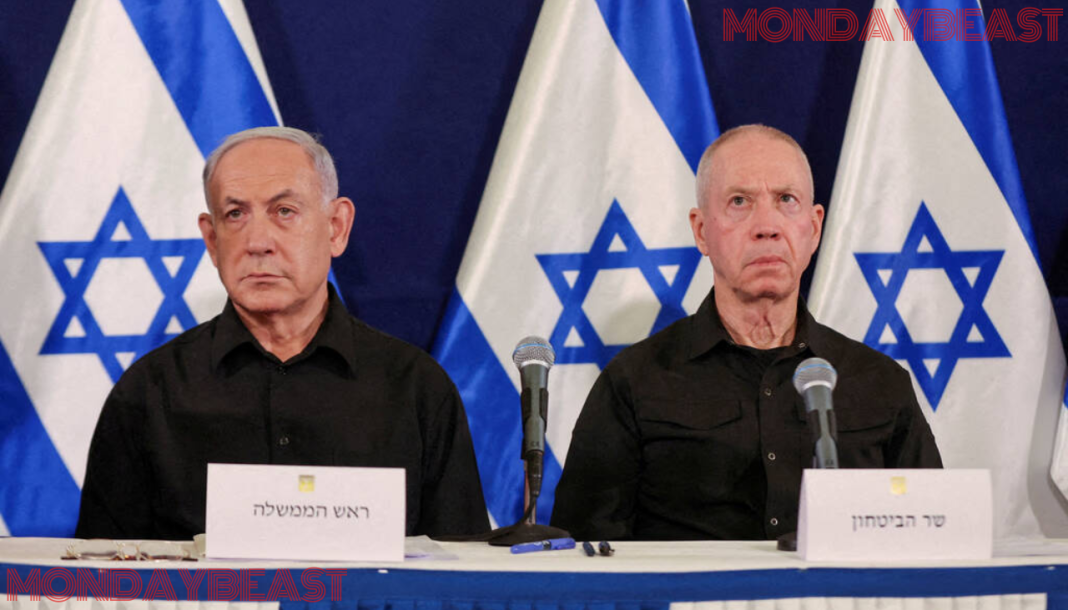The case Monsalve has rocked the political scene in Chile. It reflects broader issues within governance and trust. As the inquiry unfolds, many wonder: how deep does this scandal really go?
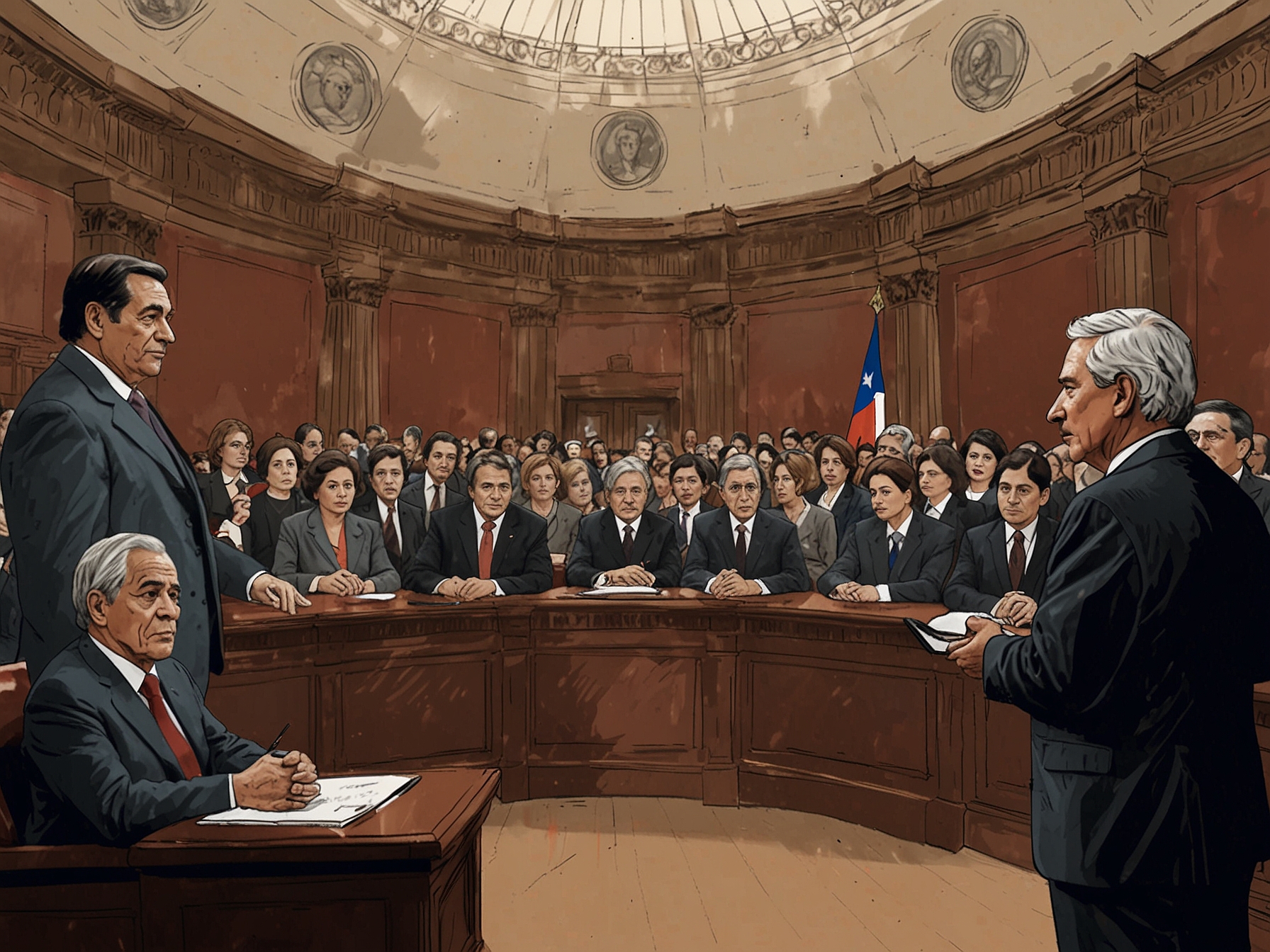
When news broke about allegations against former subsecretary Monsalve, a storm brewed in Congress. Tensions surged during the first session of the investigative committee. Political lines were drawn, revealing stark divisions among members, especially between the opposition and the government.
Now, all eyes are on President Gabriel Boric. Will he step forward to address concerns? The opposition’s majority in the commission aims to hold him accountable, seeking clarity and transparency in an increasingly murky situation.
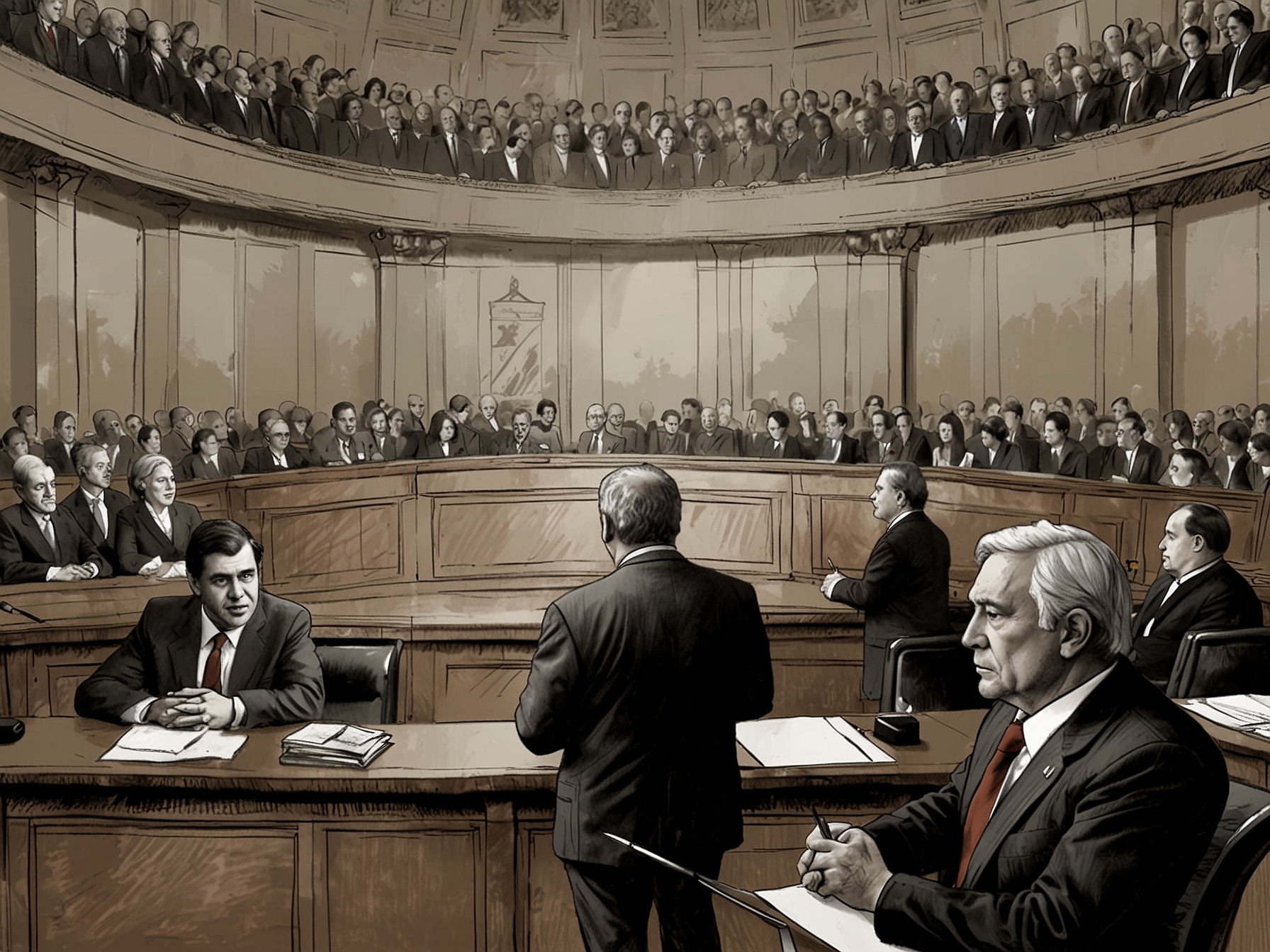
The investigation kicks off with the first witness: Interior Minister Carolina Tohá. Her statements have echoed through news outlets. She claims ignorance of critical decisions made by the President regarding Monsalve’s situation. Was she really unaware, or is this just political maneuvering?
In the heated discussions, the perspective of gender was at the forefront. Joanna Pérez was nominated to lead the commission, but Miguel Mellado took the chair instead. The significance of such choices cannot be understated. They shape the narrative surrounding the investigation – gender sensitivity versus political accountability.
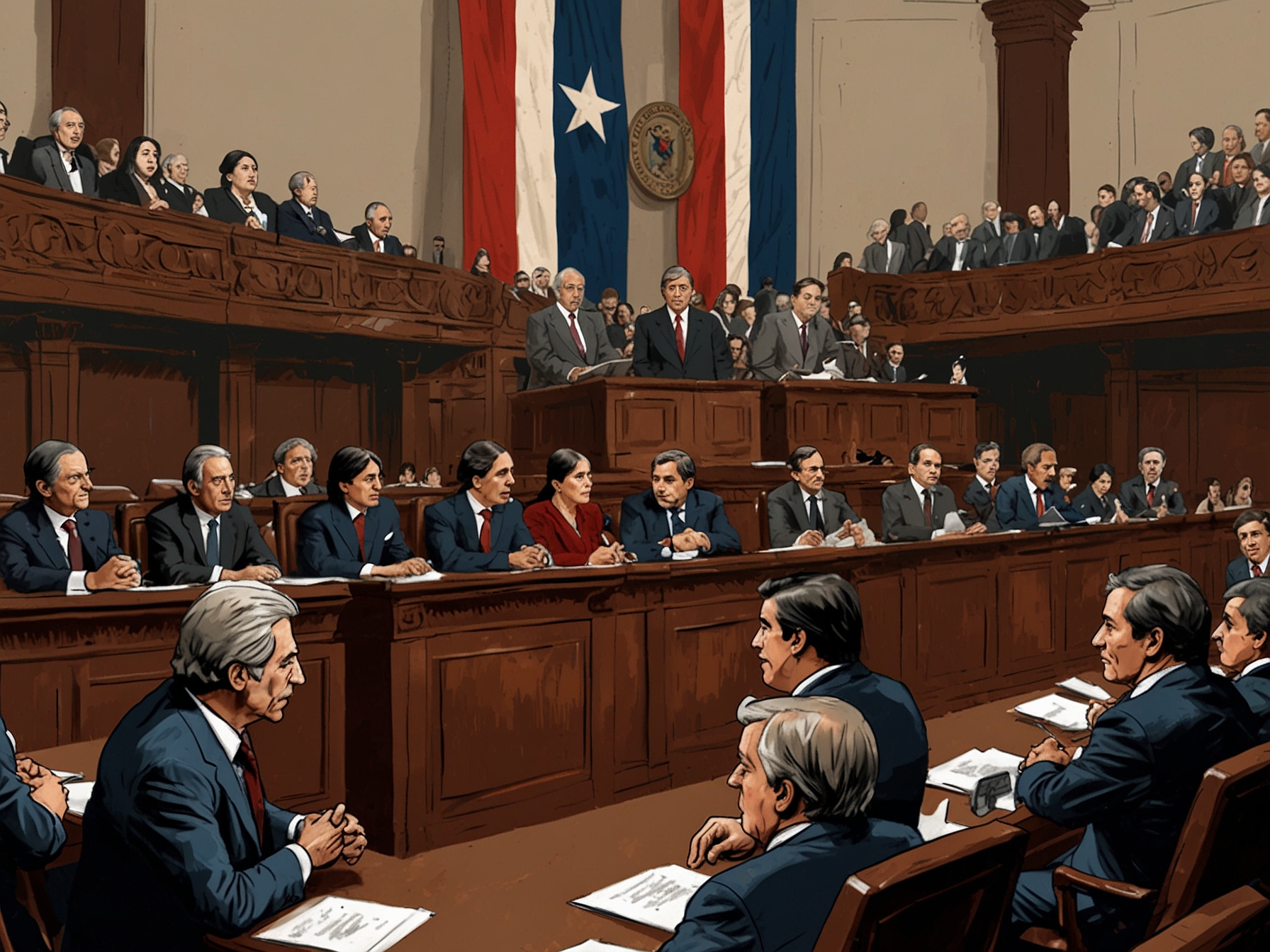
Every Wednesday, the commission will meet until late January. That’s a lot of meetings. Each gathering stirs the pot more. The potential fallout cascading from these sessions looms large as the government braces for what’s to come.
Critics worry about damage to Boric’s administration. They fear that attempts to quell the scandal will backfire. Even the most recent scrutiny poses risks for his presidency. How will he navigate such challenging waters?
The list of witnesses is concerning. Figures from his inner circle will be called. Each face carries a story, one that could reshape public perception and policy. High-profile ministers and aides are set to testify. Questions swirl around the nature of those conversations leading to Monsalve’s abrupt resignation.
Amidst the swirling controversy, it’s essential to consider the implications. Beyond political fallout, there are human stories behind these allegations. Survivors’ voices deserve to be amplified, to highlight the gravity of these situations.
As the investigation unfolds, will Boric advocate for transparency and justice? Or will this become another political quagmire? Reactions from citizens may define the inquiry’s legacy. As we ponder the impact of the Monsalve case, that question hangs heavily in the air, demanding answers.

